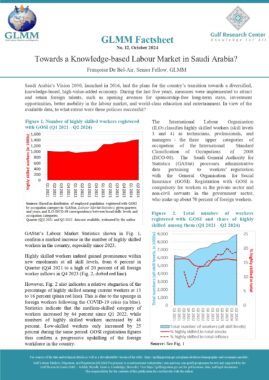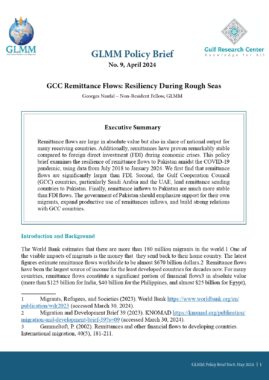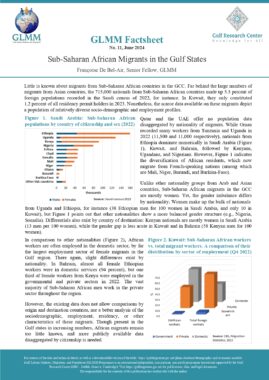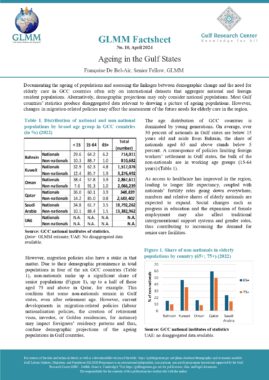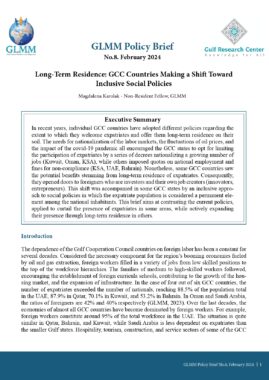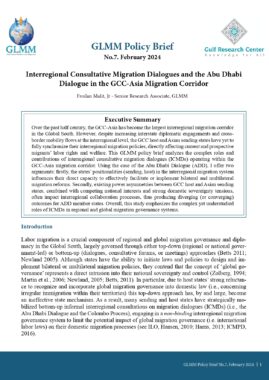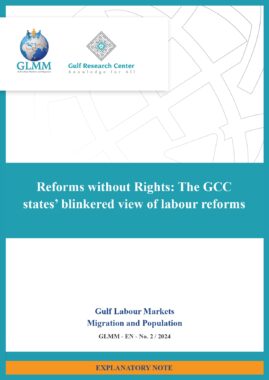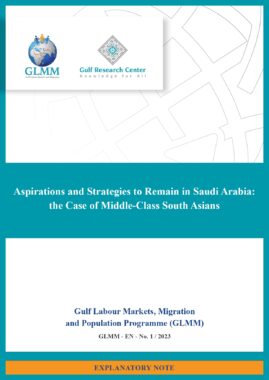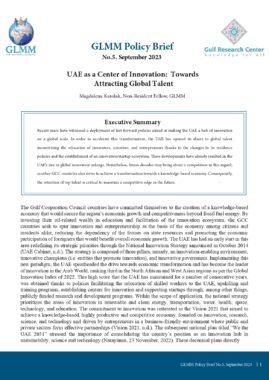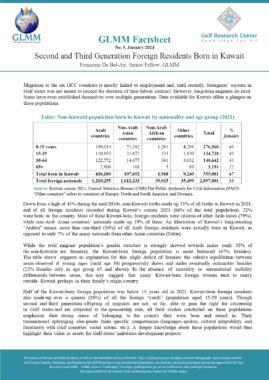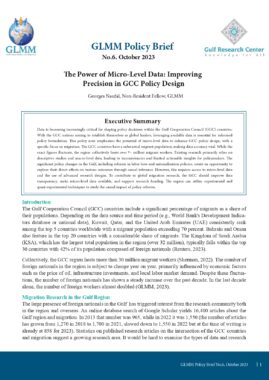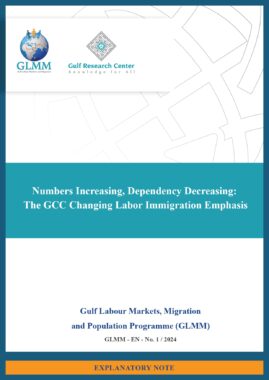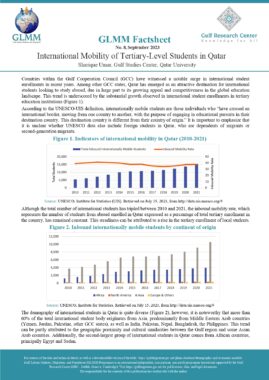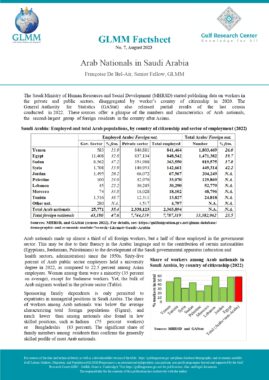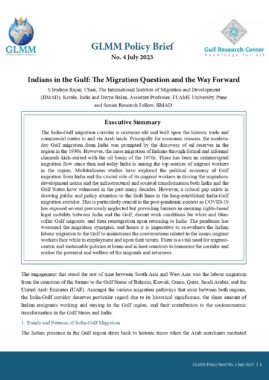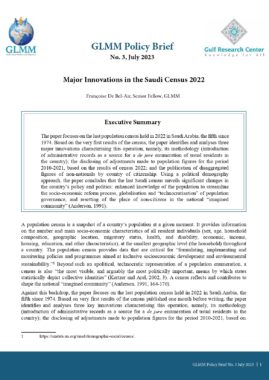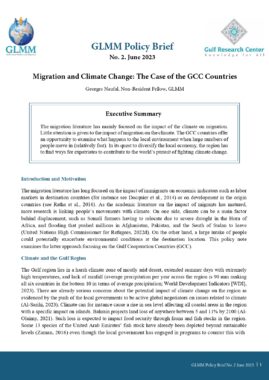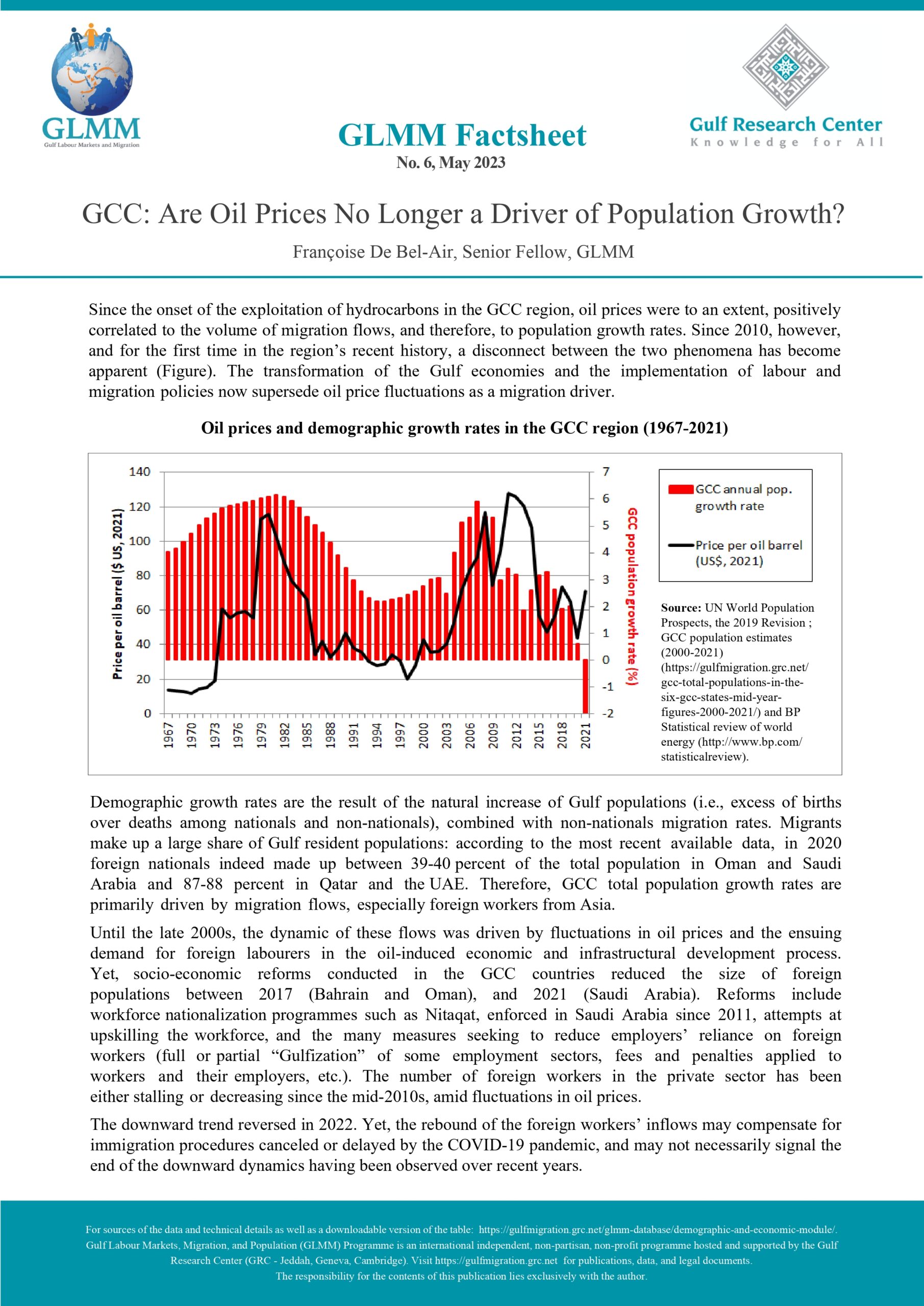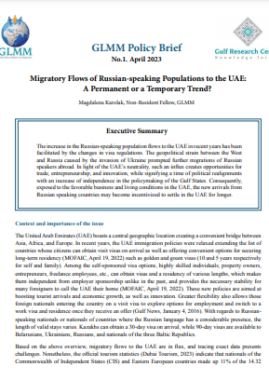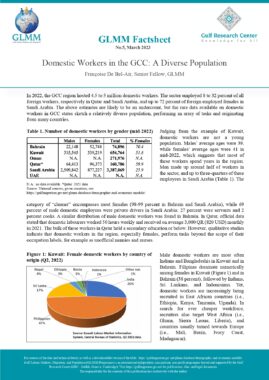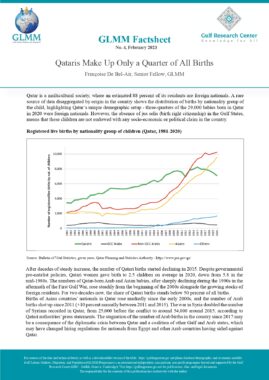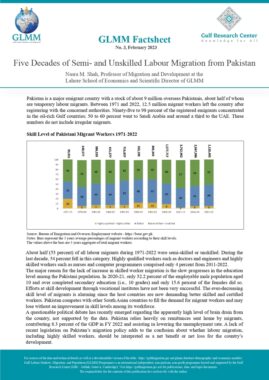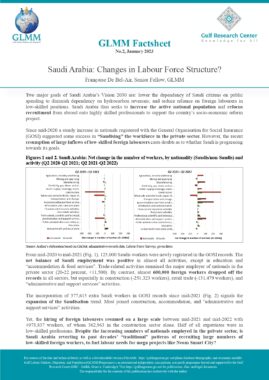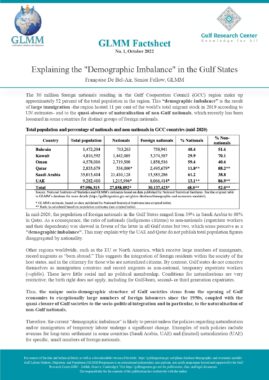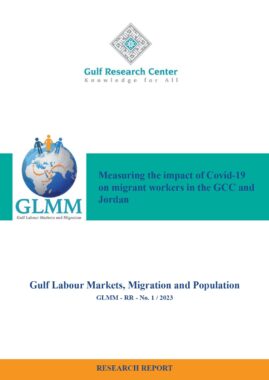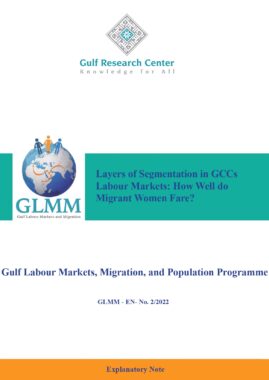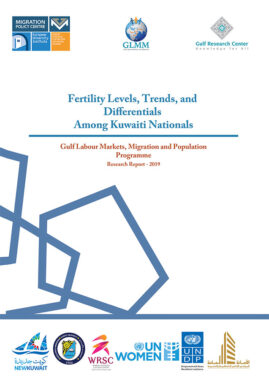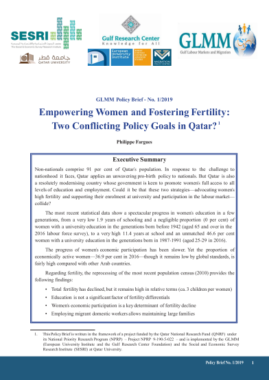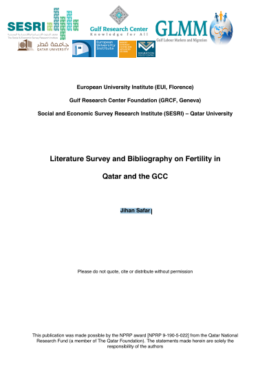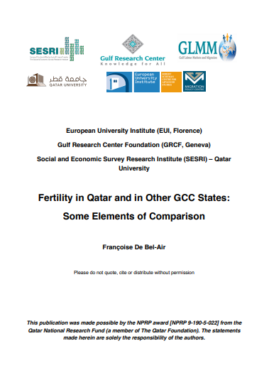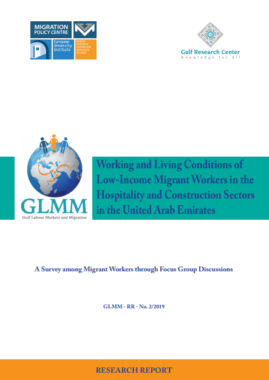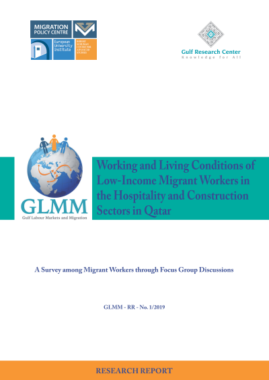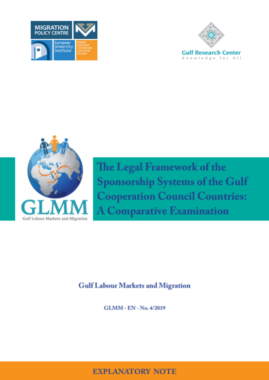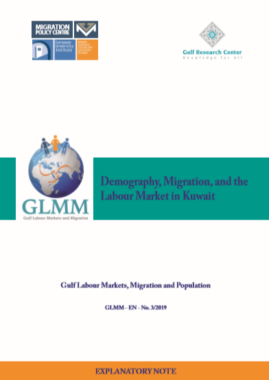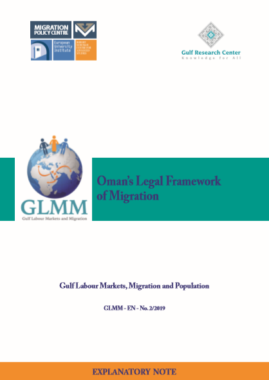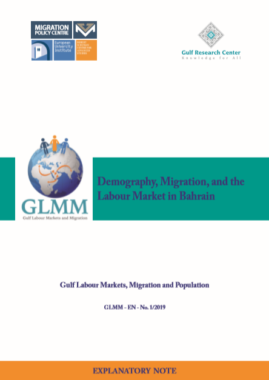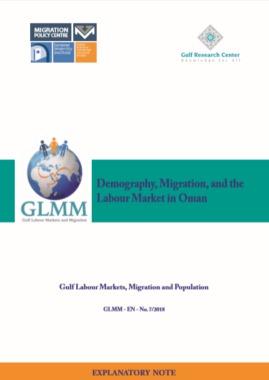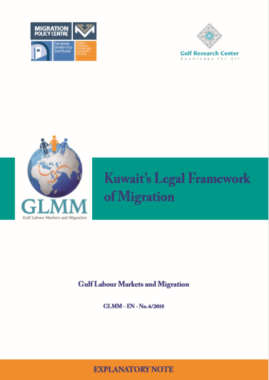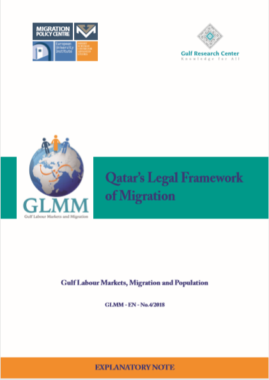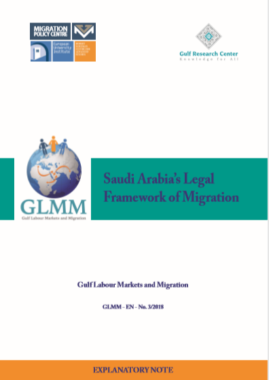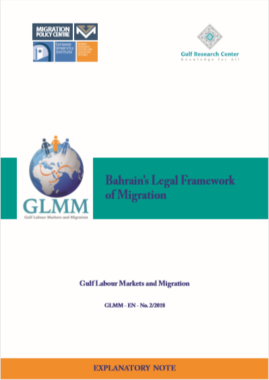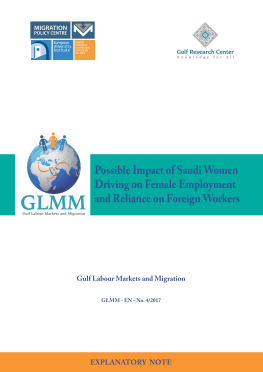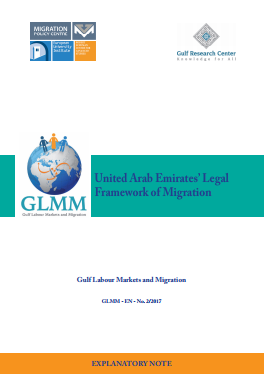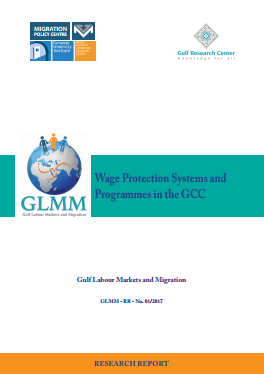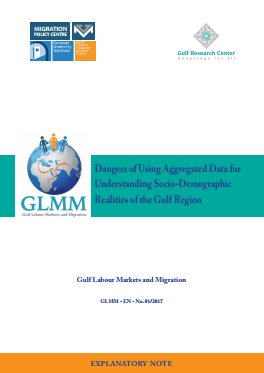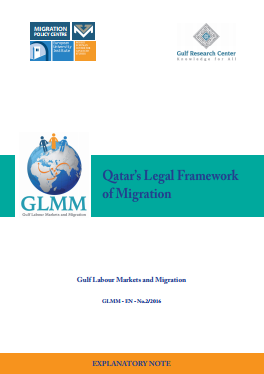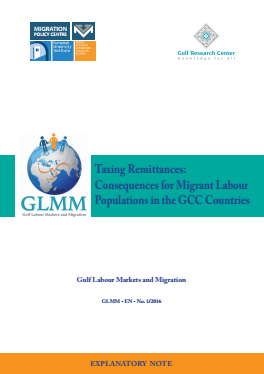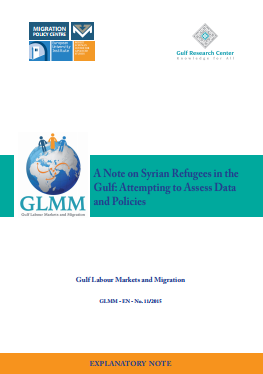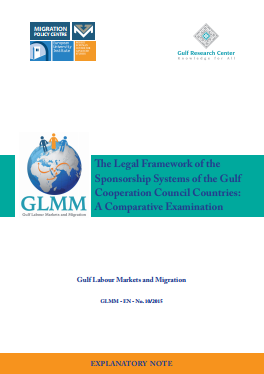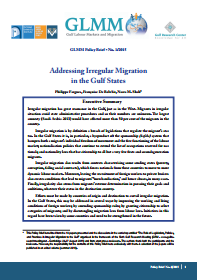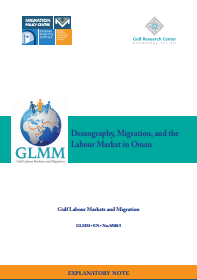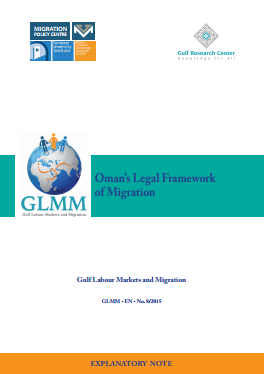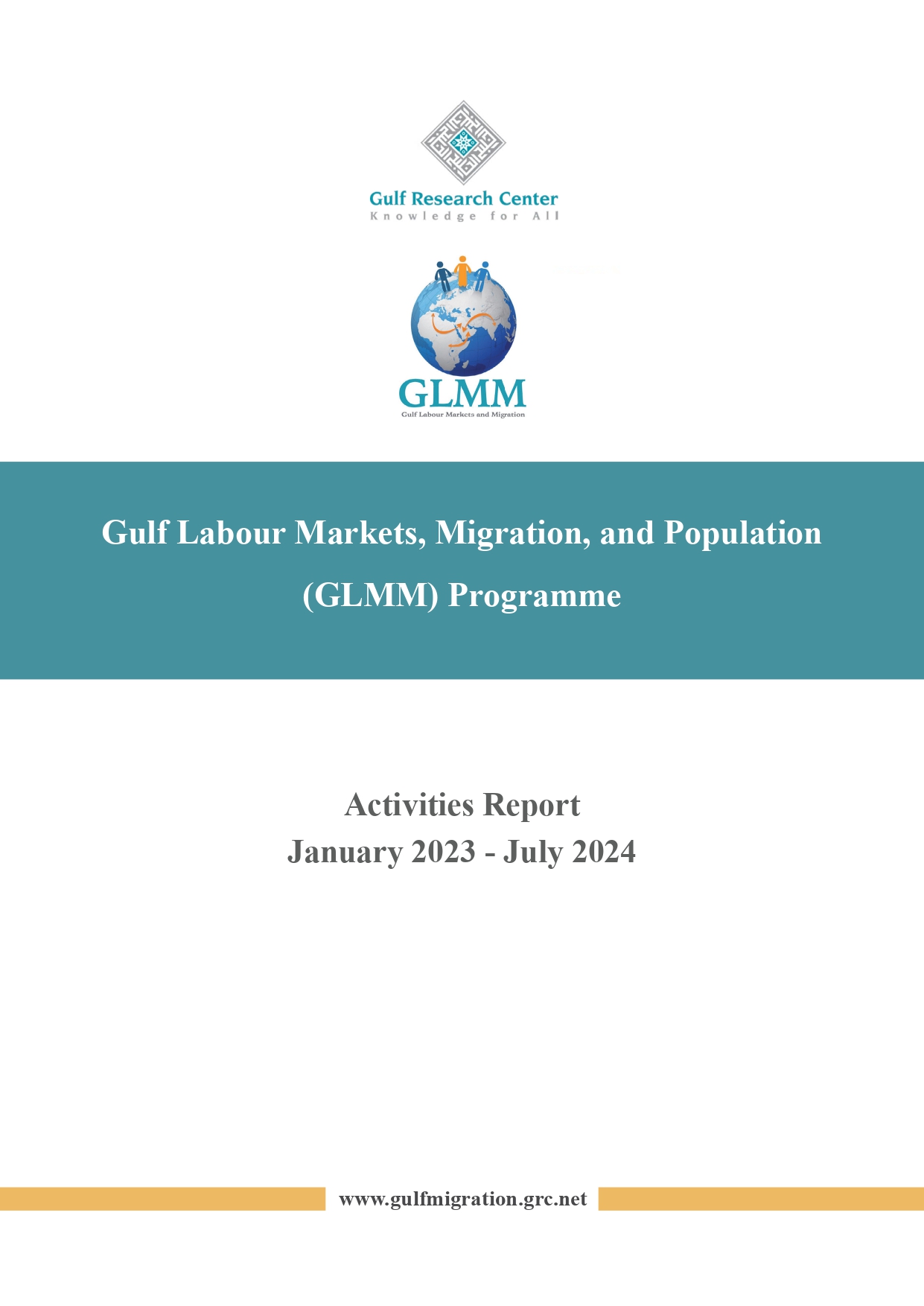Qatar: Ministry of Civil Service Affairs and Housing Decree No. 7 of 2005 issuing a Template List of Penalties
|
Title
|
Qatar: Ministry of Civil Service Affairs and Housing Decree No. 7 of 2005 issuing a Template List of Penalties
|
|
Date of adoption
|
22 August 2005 |
|
Entry into force
|
30 August 2005
|
|
Text versions |
Source:
– Official Journal Issue No. 10 (2005), p. 1822. Retrieved from: Al-Meezan Qatar Legal Portal, accessed: 5 November 2013. – http://www.almeezan.qa/LawPage.aspx?id=2199&language=ar
|
|
Abstract
|
|
|
The attached template of penalties may be used by employers as a guideline for drafting their own regulations (Art. 1)
Template List of Penalties
The provisions of this template are to be considered a guideline by organizations to which the labor law is applicable. Each organization may adapt the list to the conditions and nature of its work. If new situations arise which require the use of new penalties, the organization may adopt them so long as it obtains the approval of the Labor Administration (Art. 1).
The use of penalties in this template as a guideline must correspond to the type of offense, the appropriate penalty for each offence, and the degree of the penalty depending on the recurrence of the offence. The penalties in this template are to be considered as the highest penalties that may be imposed without prejudice to the right of the organizations to exceed those penalties in a way that befits their work conditions (Art. 2).
Disciplinary actions are without prejudice to an organization’s right to file a criminal or civil lawsuit against the offender (Art. 3).
Art. 4 lists the disciplinary penalties that may be imposed on workers and these include:
The employer may increase the severity of the penalty if the same offence is repeated more than four times within six months of committing the first offense. If the same offence occurs after the lapse of six months since the worker is informed of the penalty for the first offence then the new offence is considered as a first-time offence (Art. 5).
The following must be taken into consideration when imposing penalties on offending workers (Art. 6):
The worker must be notified of the penalty imposed on him in writing and in case of refusal to receive the notification then it must be announced prominently in the workplace. If the worker is absent from work, then he must be notified by registered mail (Art. 7).
Art. 8 details the procedure for appealing against the penalty. Before the worker can submit an appeal to the appropriate court, he must submit his appeal to his employer within seven days of receiving the notification of penalty. The employer in turn must respond within seven days. Non-response is considered to be a rejection of the appeal. In this case the worker may appeal to the Labor Administration within seven days of the rejection. The Labor Administration must respond within seven days of the submission and non-response is to be considered a rejection of the appeal. In such a situation, the worker may appeal to the appropriate courts. If the court determines that the termination of the employee was wrongful then it may order the cancellation of the termination and the reinstatement of the worker in addition to receiving payment for the period of time he was deprived of work in implementation of the penalty, or compensation of the worker.
If the worker’s offence has caused the loss, damage, or destruction of the organization’s equipment, products or machinery then he must compensate the employer for the damage after an investigation is conducted. The employer may deduct the worker’s wages so long as the deduction does not exceed seven days’ worth of wages per month. The worker may submit an appeal to the Labor Administration within seven days of being notified of the amount of compensation he must pay. The Administration may then repeal the decision or reduce the amount of compensation (Art. 9).
The employer may terminate the worker without warning or payment of end of service reward in the following cases (Art. 10):
The employer must keep a record of all penalty payment deductions in which he records the name of the worker, the amount of deduction, the reason for it and the date (Art. 11).
|
|
Similar Posts:
- Qatar: Law No.13 of 2017 Amending Some Provisions of the Labour Law Issued in 2004
- UAE: Ministerial Decision No. 739 Regarding the Protection of Wages
- Qatar: Law No. 11 of 2004 issuing the Penal Code
- Qatar: Penal Code No. 11 of 2004
- Bahrain: Order No. 74 of 2007 With Regard to Inspection on those Subject to the Provisions of the Law Regulating the Labour Market
Tags: Labour Rights, Laws & Regulations, Qatar, Work Conditions
